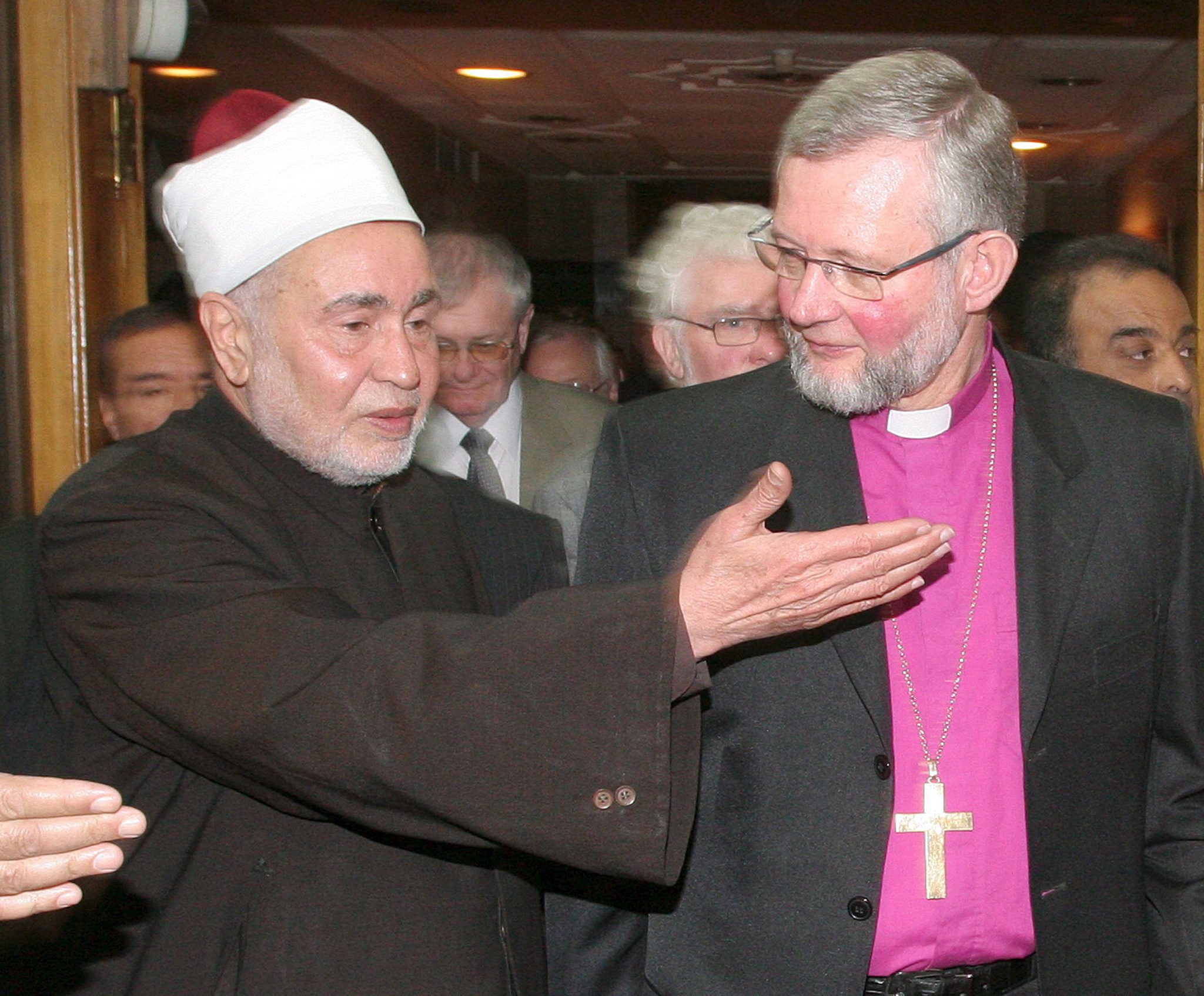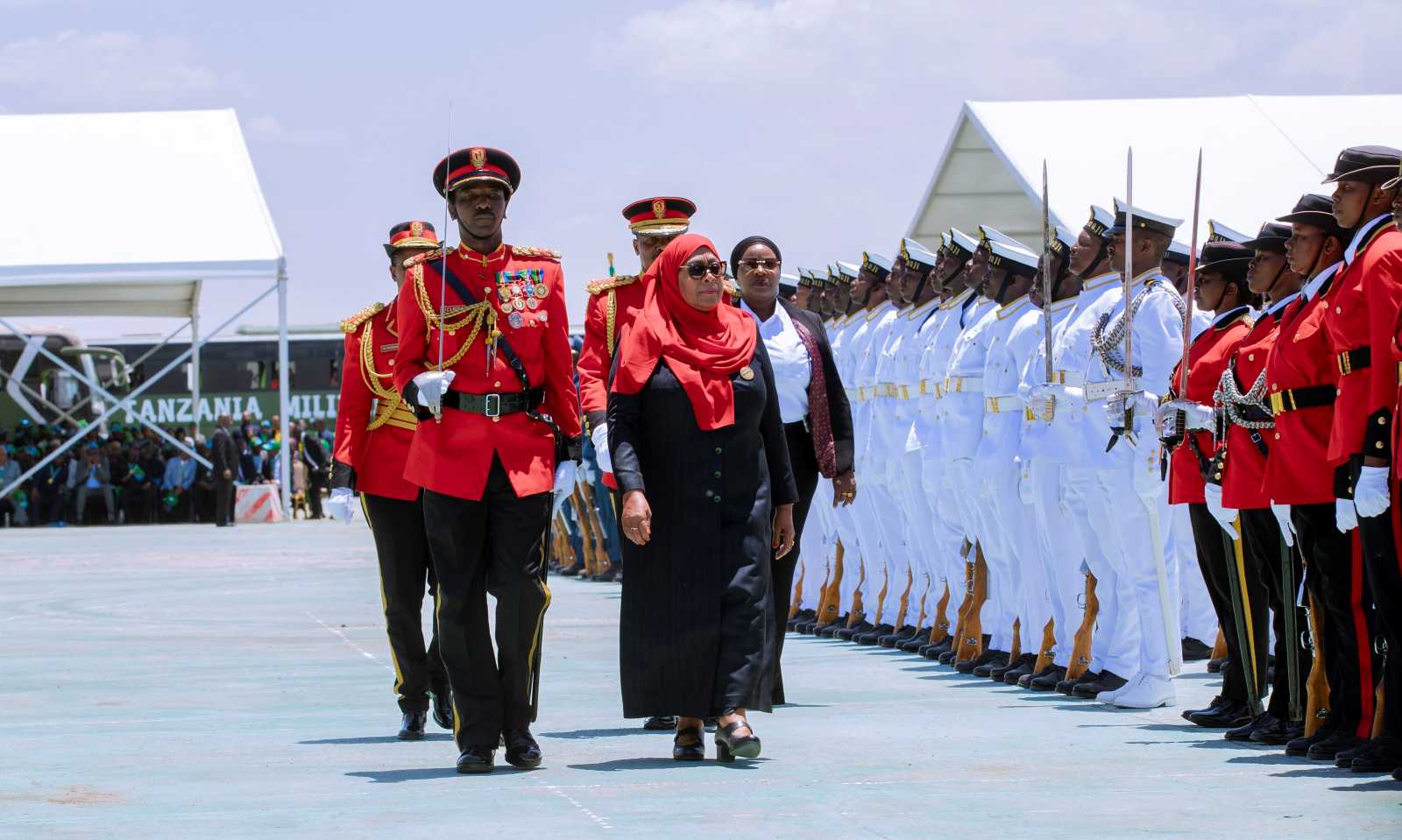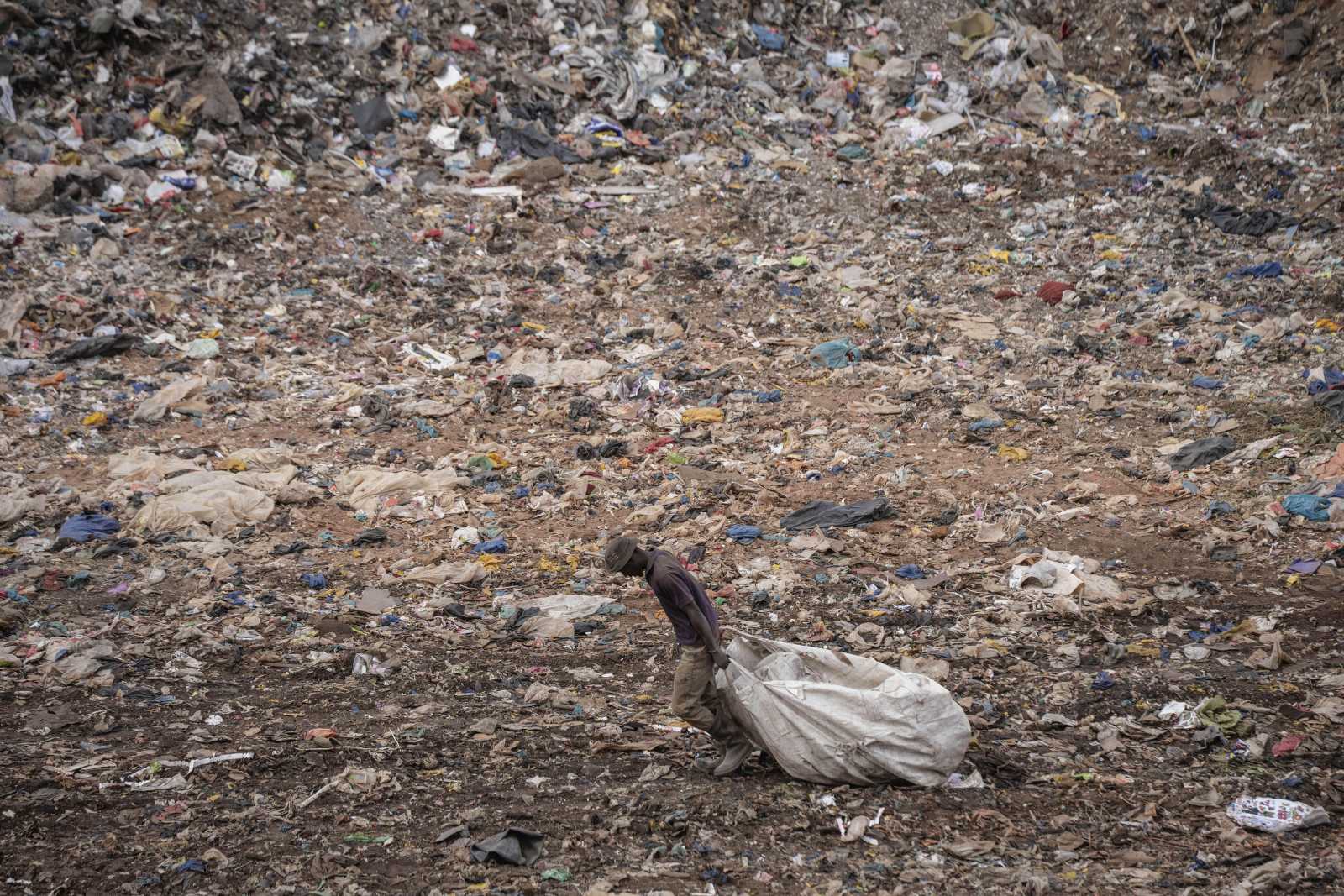BMZ
Shifting paradigms

My new book (Bohnet 2015) on the history of German policy concerning international development assesses the paradigm shifts of the past, and highlights major future challenges. Before discussing the challenges in detail here, I will provide a brief sketch of the history of the Federal Ministry for Economic Cooperation and Development (BMZ):
- From 1961 to 1966, Walter Scheel, the first minister to head the BMZ, was guided by intra-German matters. His priority was to prevent developing countries from establishing diplomatic relations with East Germany.
- In response to the tight labour market, Scheel’s successor, Hans-Jürgen Wischnewski (1966 to 1968), wanted to boost employment. Development policy was supposed to create jobs in Germany.
- In contrast, Erhard Eppler (1968 to 1974) emphasised the ecological limits to growth. Accordingly, his policies centred on environmental protection, but also on meeting people’s basic needs.
- The tenure of Egon Bahr (1974 to 1976) was dominated by the oil price shock. Bahr wanted to involve oil-rich countries in the promotion of agriculture in the developing world for example.
- Marie Schlei (1976 to 1978) expected development policy to serve women’s advancement.
- Rainer Offergeld (1978 to 1982) considered development policy an instrument of détente at a time when tensions between East and West were growing once again.
- In reaction to renewed labour market problems, Jürgen Warnke (1982 to 1987) again emphasised the positive impact developmental efforts would have on employment.
- Hans “Johnny” Klein (1987 to 1989) viewed development policy in a historical context and liked to recall the scientific achievements of Germany’s renowned 19th-century Africa scholars.
- During his second term in office (1989 to 1991), Warnke, together with Hans Wilhelm Ebeling, East Germany’s last minister for economic cooperation, succeeded in merging the two German ministries for international development. Over two-thirds of the GDR’s development projects were continued.
- After German reunification, Carl-Dieter Spranger (1991 to 1998) was in a position to draft development policy without being hampered by Cold War ideology and geostrategic concerns. He emphasised fighting poverty and upholding human rights.
- Heidemarie Wieczorek-Zeul (1998 to 2009) expanded the scope of development policy, stressing the relevance of multilateral agreements and rules. Speaking of “global structural policy”, she campaigned for multilateral treaties and policies to tackle trade, climate, security and other issues in ways that would advance development.
- Dirk Niebel (2009 to 2013) emphasised the importance of free markets and wanted to support the private sector. He paid special attention to commercial and business interests.
- Gerd Müller (since 2013) has placed ecological, economic and social sustainability at the forefront of his efforts.
The frequent paradigm shifts that German development policy underwent in 60 years made sense and were certainly legitimate. However, the current global financial, food and climate crises require more coherence and consistency in the future. Development policy must rise to huge challenges in order to bring about the global cooperation humanity needs.
For this task, conventional official development assistance (ODA) is not the right tool. ODA is outdated and needs to be redesigned. One must keep in mind that the established industrialised nations of the Organisation for Economic Cooperation and Development (OECD) have long ceased to be the only donors. Newly-industrialising countries in particular are becoming increasingly important, and so are oil-rich countries like Saudi Arabia or Venezuela. The international influence of philanthropic agencies, especially the Bill and Melinda Gates Foundation, is growing too. OECD member states spend about $ 135 billion per year on ODA, whereas various other donors afford a total of roughly $ 20 billion. It would be good if all donors adhered to the same rules.
It is true, of course, that ODA remains indispensable for low-income countries. But other financial flows have a greater impact on the development of middle-income countries. Relevant funding is provided in the form of foreign direct investments, export credits, portfolio investments and migrants’ remittances. At the same time, the development of middle-income countries is essential not only for reducing poverty, the traditional goal of development policy, but also for meeting the global challenges that are spelled out in the UN’s 2030 Agenda for Sustainable Development.
The complex international scenario has implications for German development policy:
- The global financial crisis showed what happens when the financial sector exerts too strong an influence on the real economy. Development policy can play a role in reining in the problems. Policy makers should promote innovative taxes such as a tax on financial transactions, and they should support developing countries’ efforts to generate their own taxes. Goals of development policy should thus include the establishment and strengthening of national revenue services, audit offices and financial supervisory authorities.
- Inequality is growing in middle-income and newly-industrialising countries. The trend is putting at risk economic growth and political stability. The vast majority of the world’s poor now live in emerging markets, including India, China and Brazil for instance. Development policy must respond to the fact that poverty is no longer first and foremost a problem of the least-developed countries. However, the middle-income countries concerned – and especially their upper and middle classes – can afford to make their own contributions to reducing poverty. German development policy should focus on improving social-protection systems, the collective provision of global public goods (such as protecting the climate, biodiversity and the environment in general) and the cooperation of scientists and universities.
- Despite considerable progress in the fight against poverty, 850 million people are still undernourished. Hunger has various causes, including fast population growth, insufficient rural infrastructure and inadequate agricultural development. Environmental damages and speculation in food commodities matter too. A lot needs to be done concerning support for smallholder farmers, improving food storage, irrigation et cetera.
- Climate change has turned out to be an even greater problem than was anticipated at the Earth Summit in Rio de Janeiro in 1992. Rainy seasons have become unpredictable, droughts alternate with floods, and we are witnessing ever stronger storms. Since climate change can no longer be prevented, policy makers need to draft adaptation strategies (early warning systems, disaster prevention) while mitigating the phenomenon at the same time (by reducing resource consumption, promoting renewable energies, the protection of forests and biodiversity et cetera).
- Fragile statehood and violent conflicts are currently affecting some 40 countries with 1.5 billion people. Development policy should focus on these countries. Suitable instruments for tackling their problems include traditional development cooperation, humanitarian aid, food aid, peace-corps operations as provided by Germany’s Civil Peace Service, administrative and legal assistance and support for civil society.
- To date, development policy has largely ignored questions of culture and religion. But to draft the most effective policies, it is important to understand how world religions and major cultures promote or hamper development.
- German development policy also needs institutional reform. Foreign partners are confused by the fact that there are two major agencies, GIZ and the KfW Development Bank. And since the two institutions tend to compete with each other, there is friction between them. It would make sense to merge them.
The coming decades will determine whether poverty and hunger will be relegated to history along with slavery, or if a new era marked by conflict, exclusion and chaos will erase the progress made in the past 60 years.
Michael Bohnet is a former director general for Germany’s Federal Ministry for Economic Cooperation and Development.
bohnetmichael@web.de
Book:
Bohnet, M., 2015: Geschichte der deutschen Entwicklungspolitik: Strategien, Innenansichten, Zeitzeugen und Herausforderungen (The history of German development policies: strategies, witness insights and future challenges – in German only). Munich: Lucius









